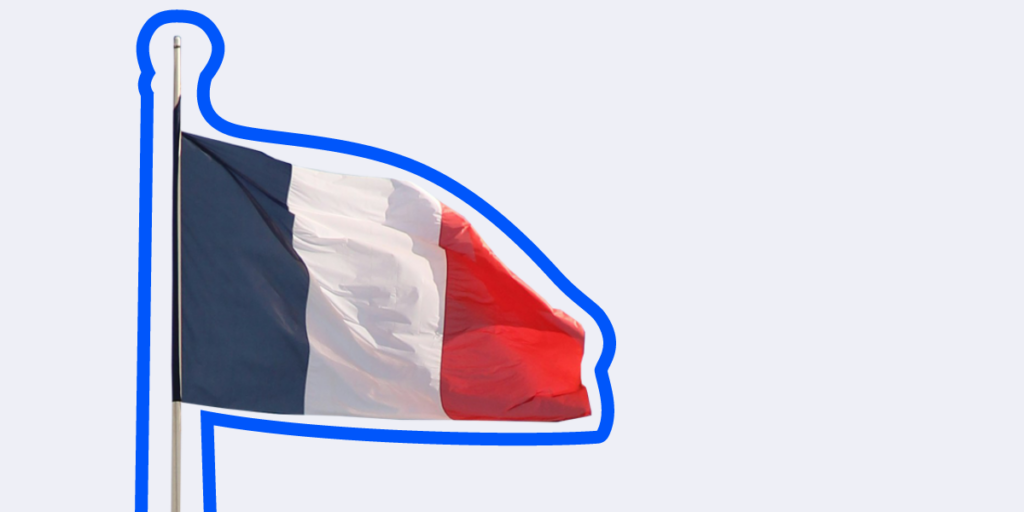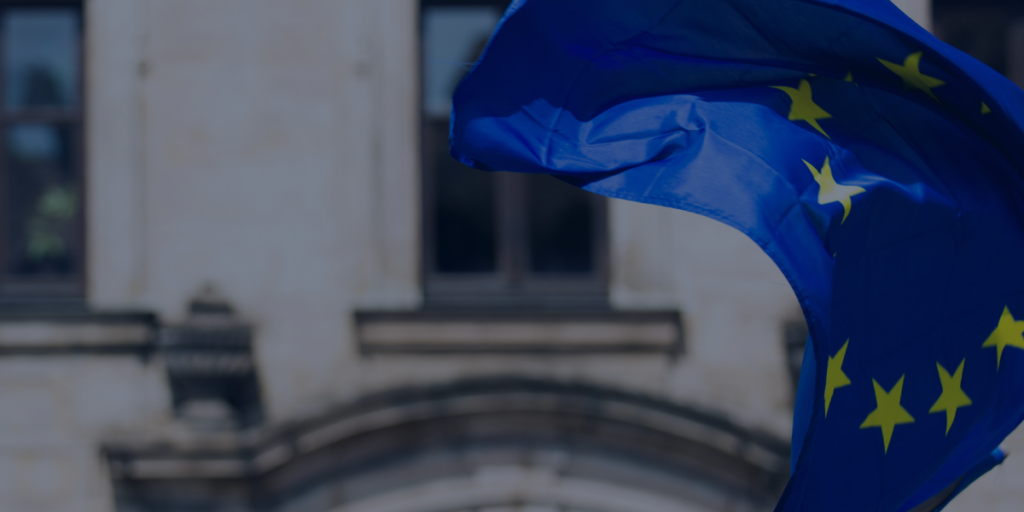/
-
 French Billionaire Charged in Bribery Investigation On Wednesday, numerous mainstream media sources reported French businessman Vincent Bolloré, Chairman and CEO of the investment group Bolloré, was charged by French investigators as part of a probe into the possible use of bribery in two African nations in order to obtain port contracts from public officials. Specifically, the investigation concentrates on suspicion of […]
French Billionaire Charged in Bribery Investigation On Wednesday, numerous mainstream media sources reported French businessman Vincent Bolloré, Chairman and CEO of the investment group Bolloré, was charged by French investigators as part of a probe into the possible use of bribery in two African nations in order to obtain port contracts from public officials. Specifically, the investigation concentrates on suspicion of […] -
 SEC Unveils Public Service Announcement To Promote Background Checks Washington D.C., April 16, 2018 — The Securities and Exchange Commission today unveiled a public service announcement (PSA) to encourage investors to check the background of their investment professional by using the free search tool on Investor.gov before investing. Investor.gov, the SEC’s website dedicated to individual investors, provides investors with tools and resources to help them invest wisely and avoid fraud. “Investor education is an important […]
SEC Unveils Public Service Announcement To Promote Background Checks Washington D.C., April 16, 2018 — The Securities and Exchange Commission today unveiled a public service announcement (PSA) to encourage investors to check the background of their investment professional by using the free search tool on Investor.gov before investing. Investor.gov, the SEC’s website dedicated to individual investors, provides investors with tools and resources to help them invest wisely and avoid fraud. “Investor education is an important […] -
 European Union Extends Iran Sanctions On Thursday, Reuters reported the European Union extended sanctions for one year on Iran over human rights violations, after debating whether to impose a new set of penalties in an attempt to preserve the Joint Comprehensive Plan of Action agreement signed between the P5+1 countries (China, France, Germany, Russia, the United Kingdom, and the United […]
European Union Extends Iran Sanctions On Thursday, Reuters reported the European Union extended sanctions for one year on Iran over human rights violations, after debating whether to impose a new set of penalties in an attempt to preserve the Joint Comprehensive Plan of Action agreement signed between the P5+1 countries (China, France, Germany, Russia, the United Kingdom, and the United […] -
 Investigators Uncover Multi-Billion Dollar Sanctions Evasion Scheme According to The Washington Post, investigators have uncovered evidence of a multi-billion dollar corruption scheme which helped Iran evade sanctions for more than a decade. Iran is currently subject to United States Office of Foreign Assets Control (OFAC) sanctions for conducting destabilizing activites in the Middle East, including (but not limited to) the funding and […]
Investigators Uncover Multi-Billion Dollar Sanctions Evasion Scheme According to The Washington Post, investigators have uncovered evidence of a multi-billion dollar corruption scheme which helped Iran evade sanctions for more than a decade. Iran is currently subject to United States Office of Foreign Assets Control (OFAC) sanctions for conducting destabilizing activites in the Middle East, including (but not limited to) the funding and […]